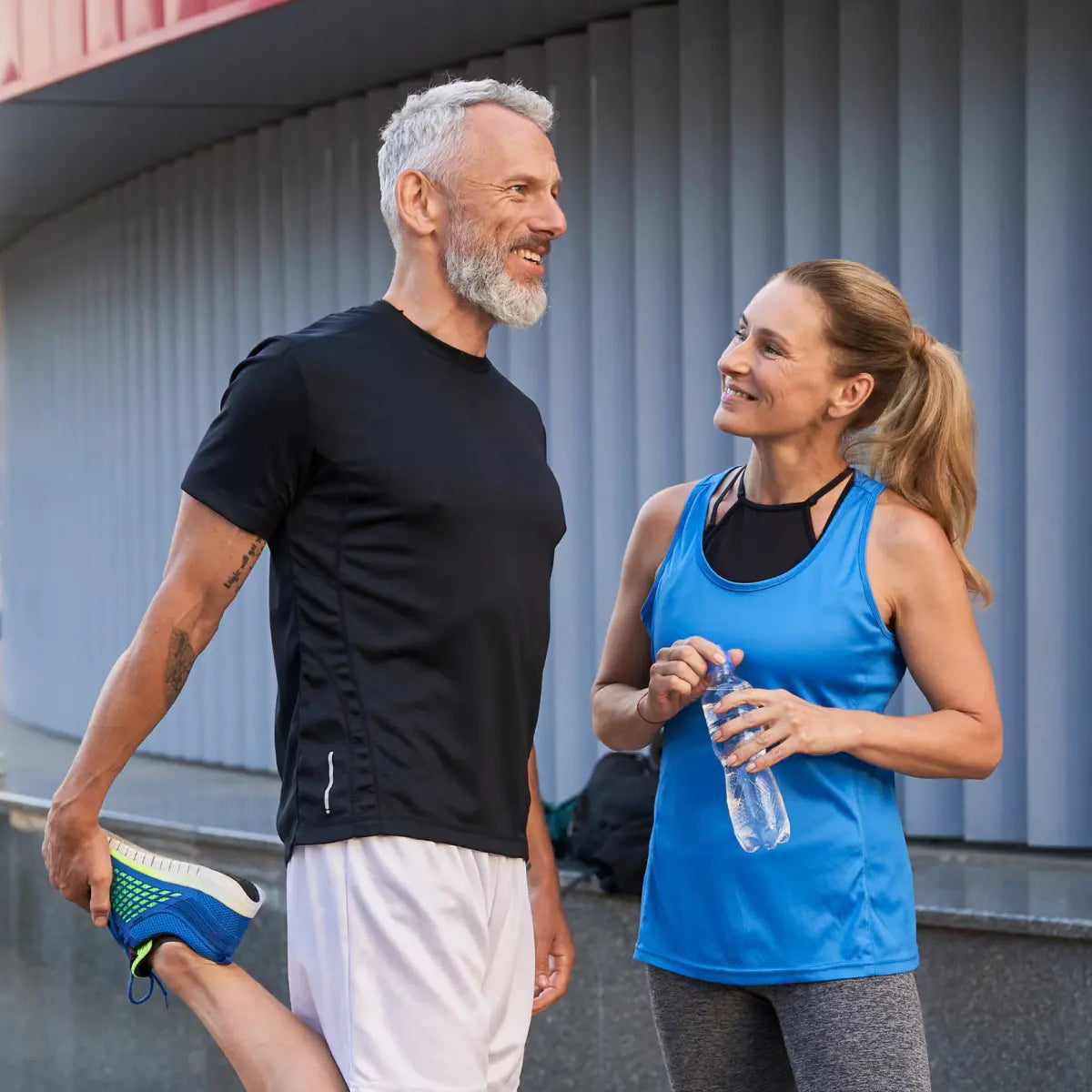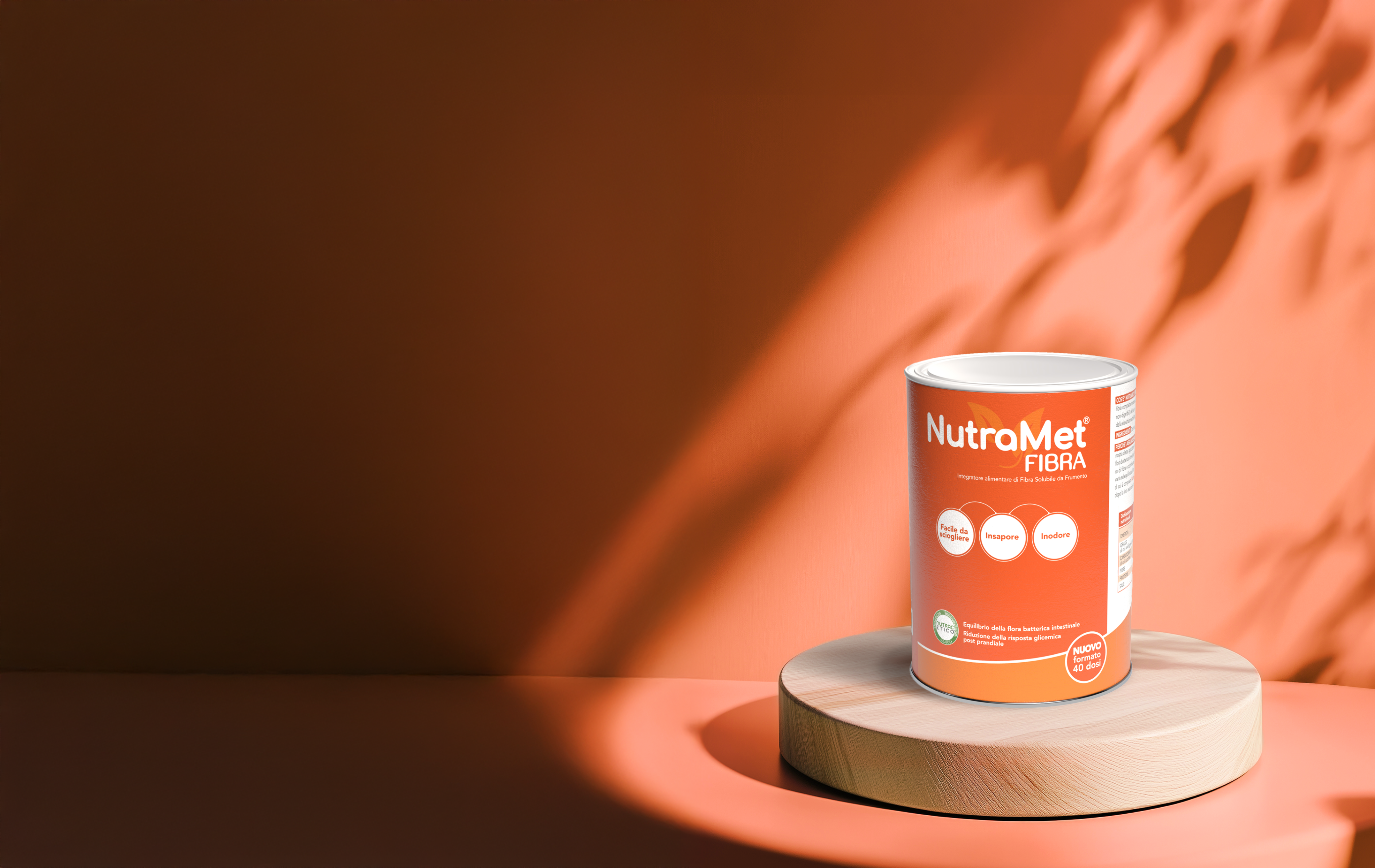
Wellness Guide
Aging in health

Active aging and quality of life
Healthy ageing is not just about the “absence of disease”, but – as the World Health Organization (WHO) says – it means maintaining good physical and mental health and actively participating in family and social life ( active ageing ).
Active aging, therefore, can be considered a prevention tool to aspire to healthy aging.
Factors / Motivations
Genetics
Genetics
Genetic predisposition plays a significant role in longevity and susceptibility and/or resistance to certain diseases, but is not a determining factor in itself.
Indeed, its impact is often overestimated.
Epigenetic studies show how lifestyle and environment can modify gene expression and influence the aging process.
Lifestyle
Lifestyle
Habits such as smoking, excessive alcohol consumption, poor diet, lack of physical activity and poor sleep quality can accelerate the degenerative processes associated with age.
Environment
Environment
People's health is strongly related to the environment in which they live.
This includes access to healthy food, air and water quality, socio-cultural context and even social cohesion.
Chronic medical conditions
Chronic medical conditions
Diseases such as diabetes, hypertension and the coexistence of multiple pathological conditions can accelerate the aging mechanisms.
They contribute significantly to the worsening of functional and cognitive decline, also increasing mortality.


NutraMet® FIBER
Targeted support for your intestinal balance.
Formulated to help you achieve the correct daily fiber intake and promote intestinal well-being. The ingredients in NutraMet® contribute to the modulation of the post-prandial glycemic response. A simple gesture, every day, to take care of your intestine with scientific attention and delicacy.
Suggestions
Balanced diet
A varied and diversified diet is essential for “aging well”.
Combining different foods, in adequate quantities, is essential to ensure the body gets all the nutrients it needs.
Adopting the Mediterranean diet model – recognized worldwide for its benefits – is associated with a lower incidence of chronic degenerative diseases, healthy aging and a longer life expectancy.
Regular physical activity
Exercise helps maintain bone density, muscle strength, flexibility, and balance.
It should always be combined with a correct diet.
Even walking 30–60 minutes a day is an effective activity that is accessible to everyone.
It also helps improve mood thanks to the production of endorphins.
Screening and periodic medical check-ups
It is essential to have proactive management of your health.
Regular check-ups help prevent the onset of diseases or slow their progression.
Social Connections
Maintaining loving relationships and participating in community life promotes mental and physical health.
Social isolation is in fact related to cognitive decline and poorer overall health.
Stress Management
As we age, it is important to adopt effective strategies to manage stress.
Techniques such as meditation, mindfulness, yoga and contact with nature can help reduce the negative impact of stress on the body.

The Pillars of Healthy Aging
Aging well is not a matter of luck, but the result of conscious daily choices. Healthy lifestyles, good nutrition, physical activity, active social relationships and stress management are concrete tools for living longer and better. Taking action today, even with small changes, is the best investment for your future well-being.

